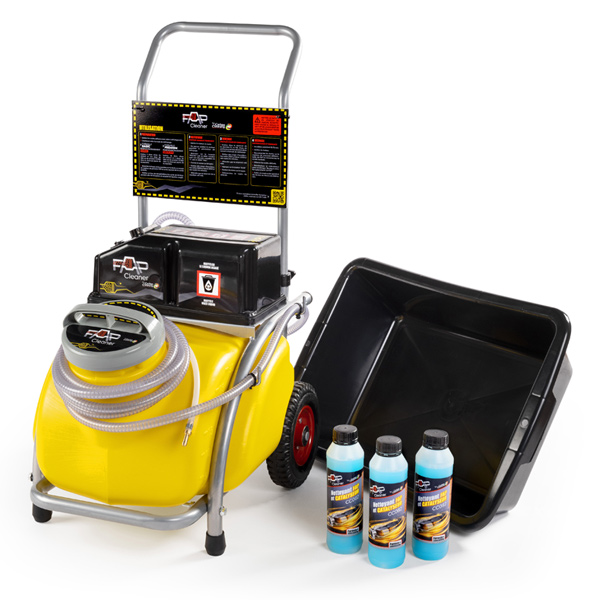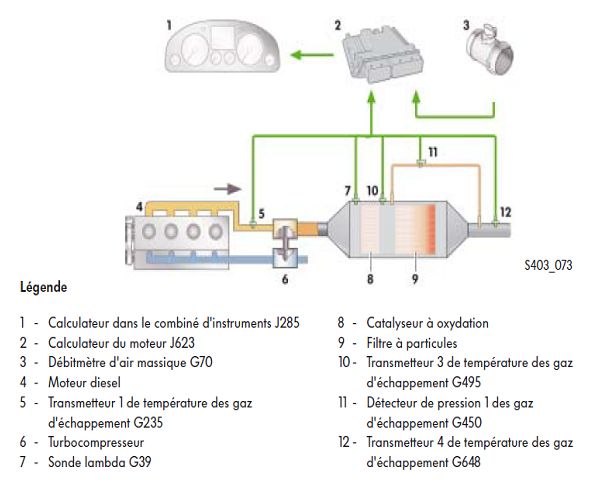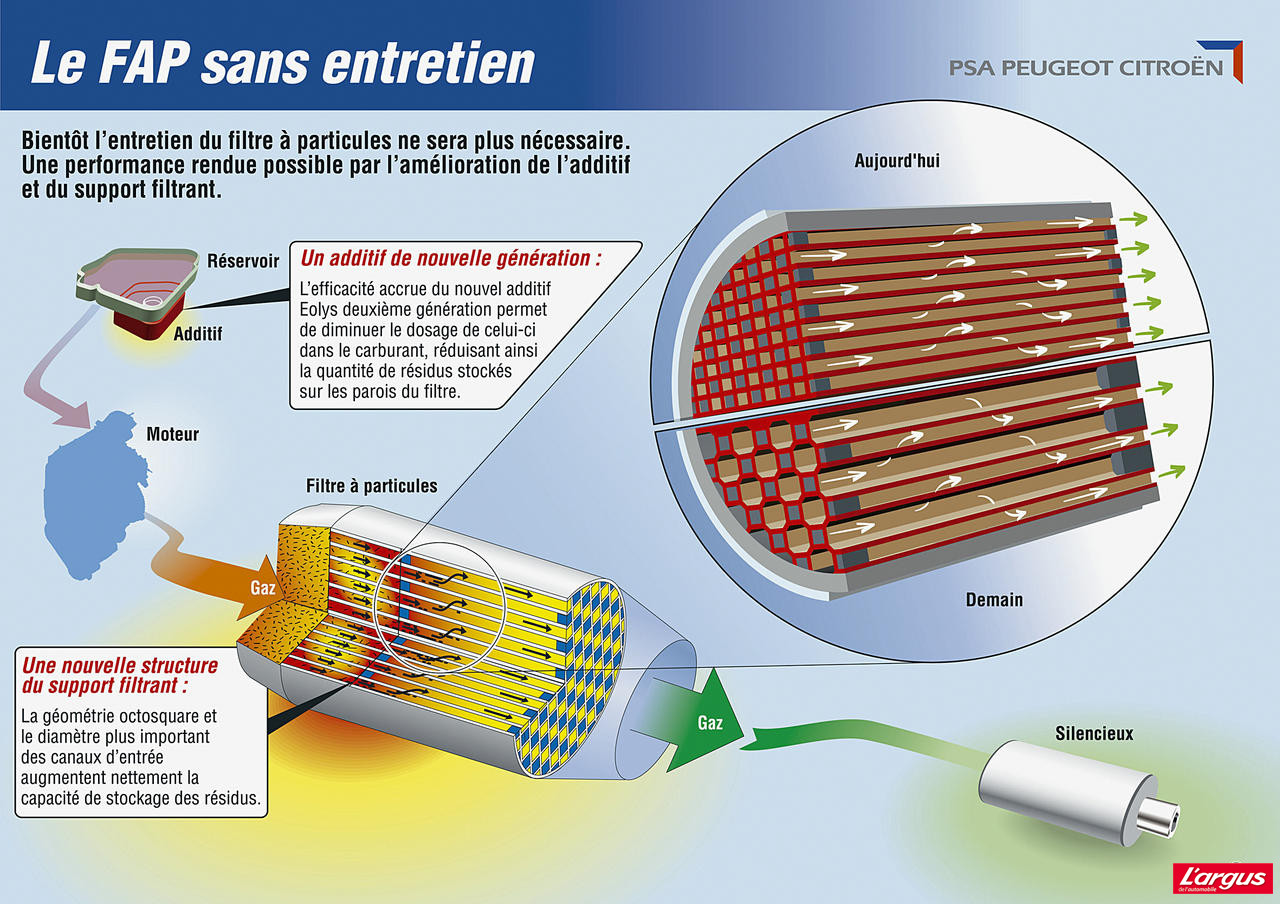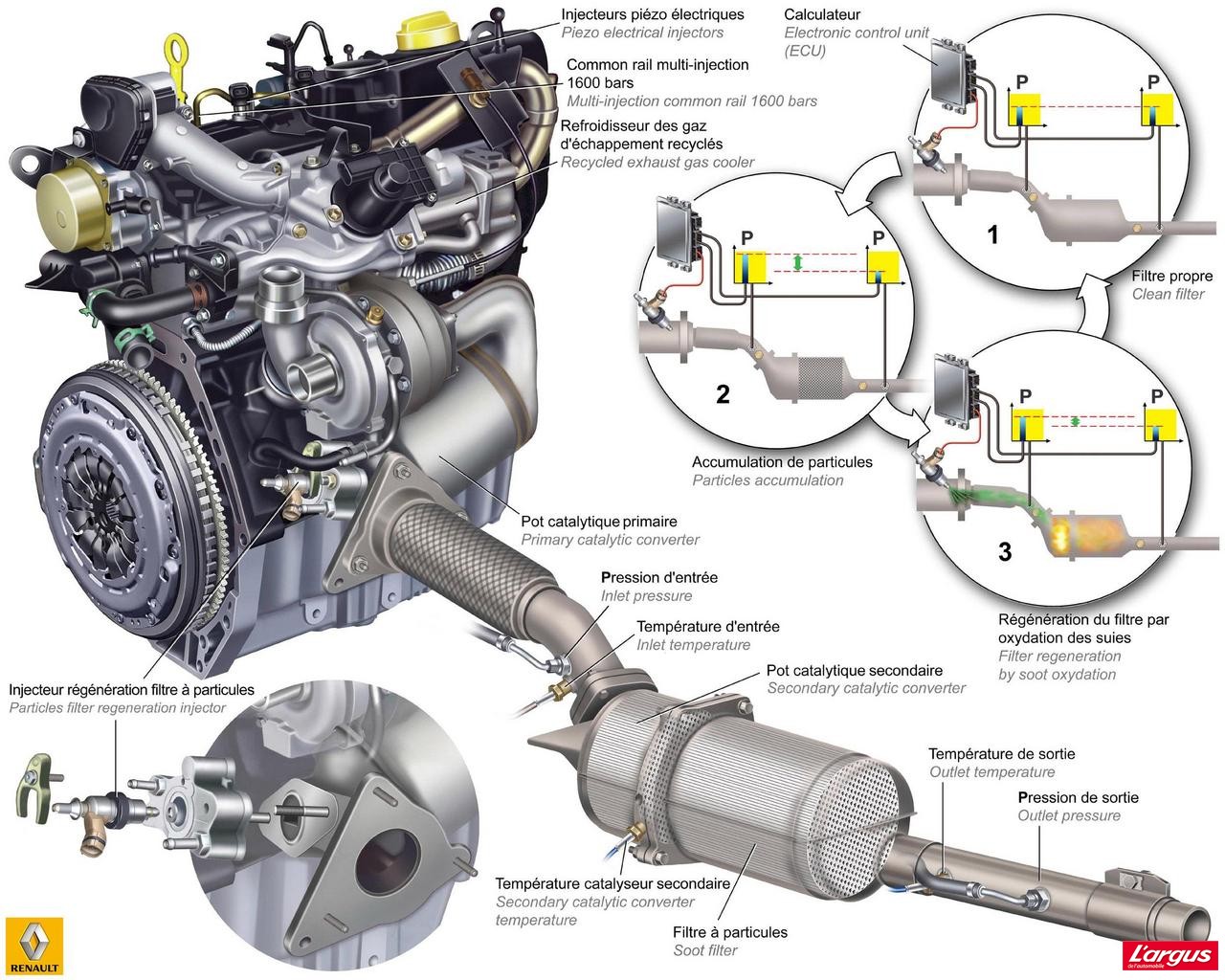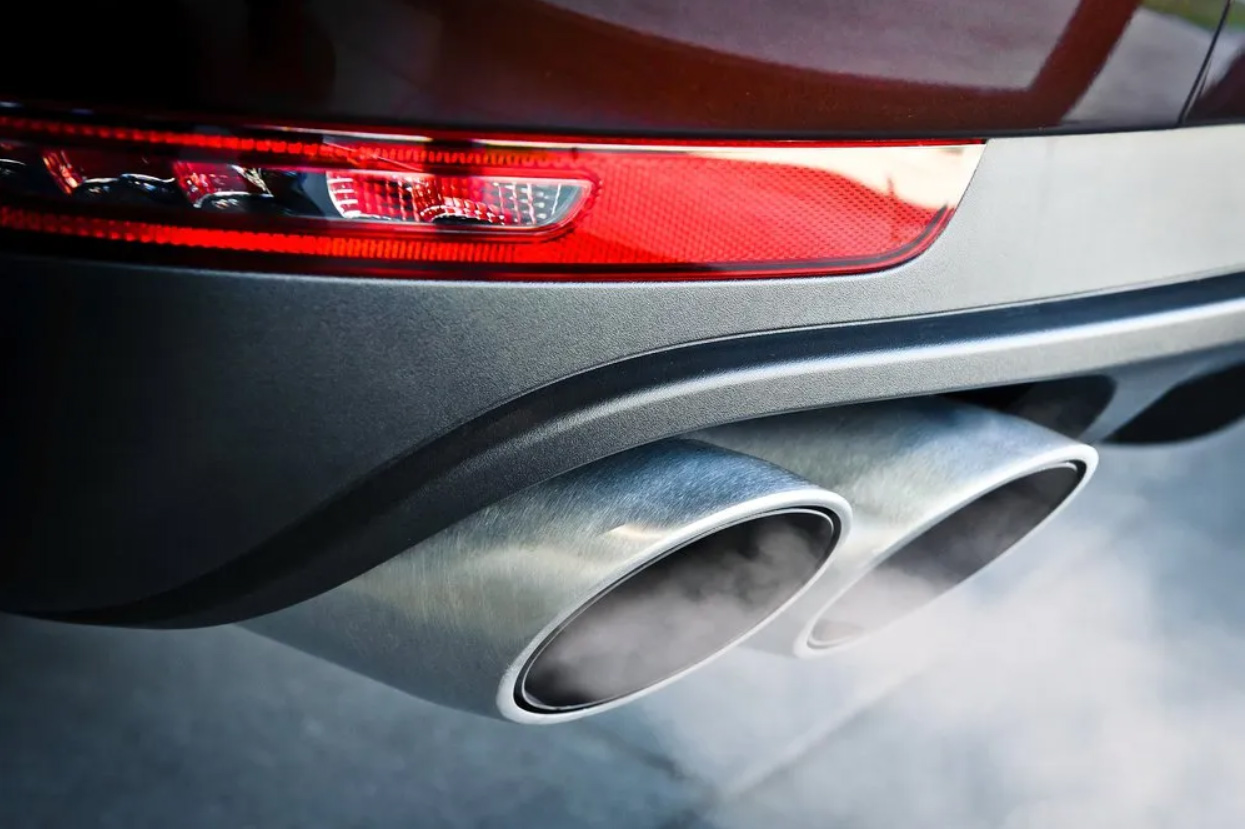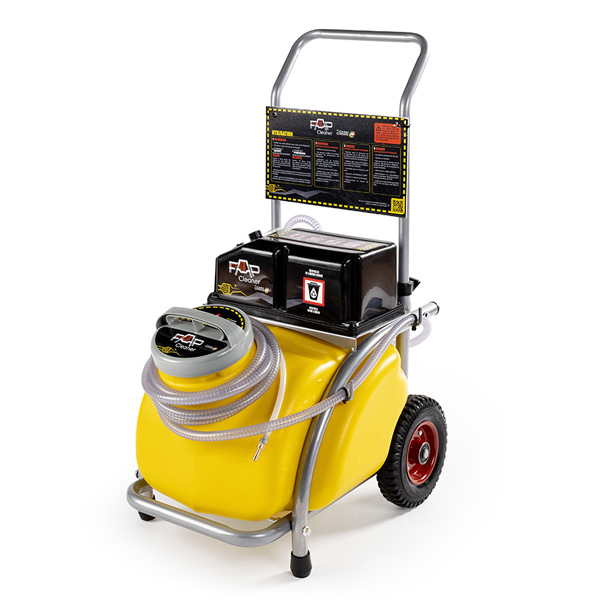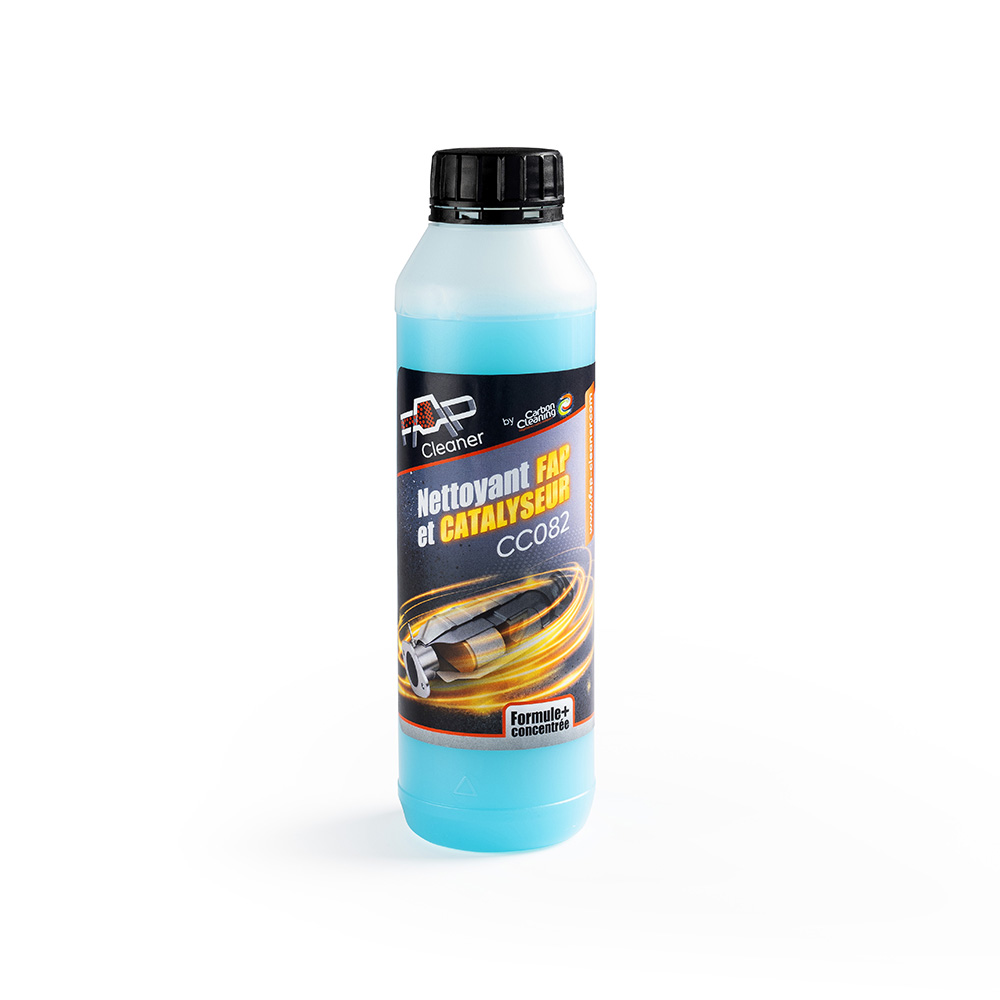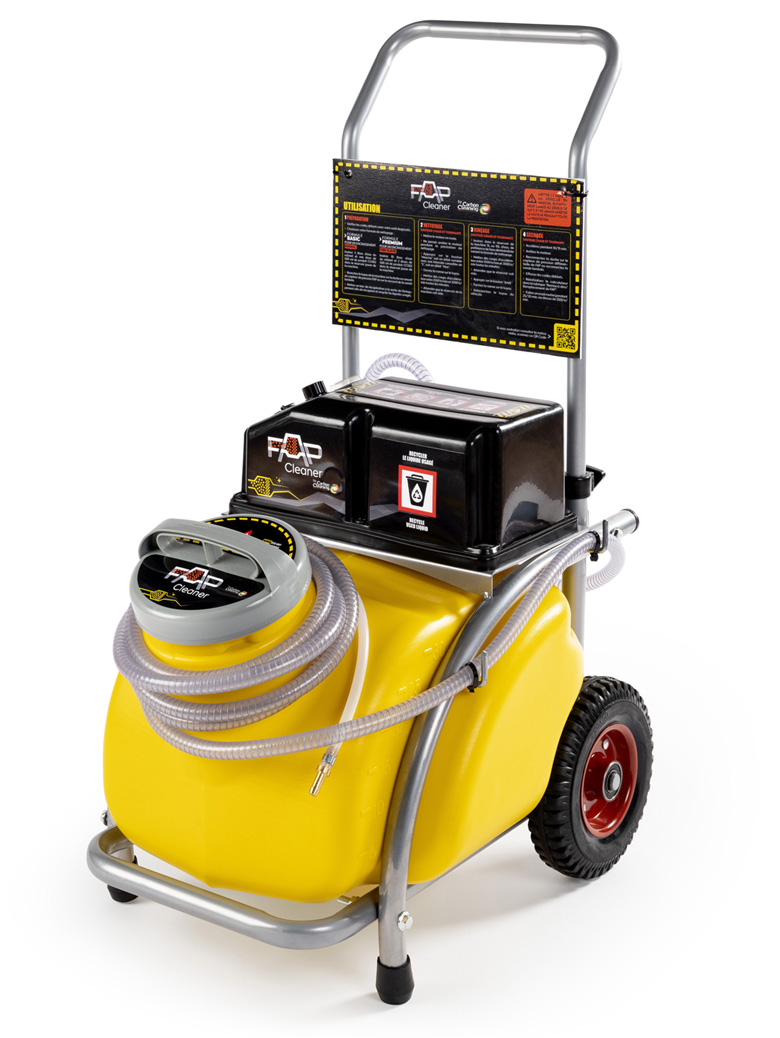The role and functioning of AdBlue
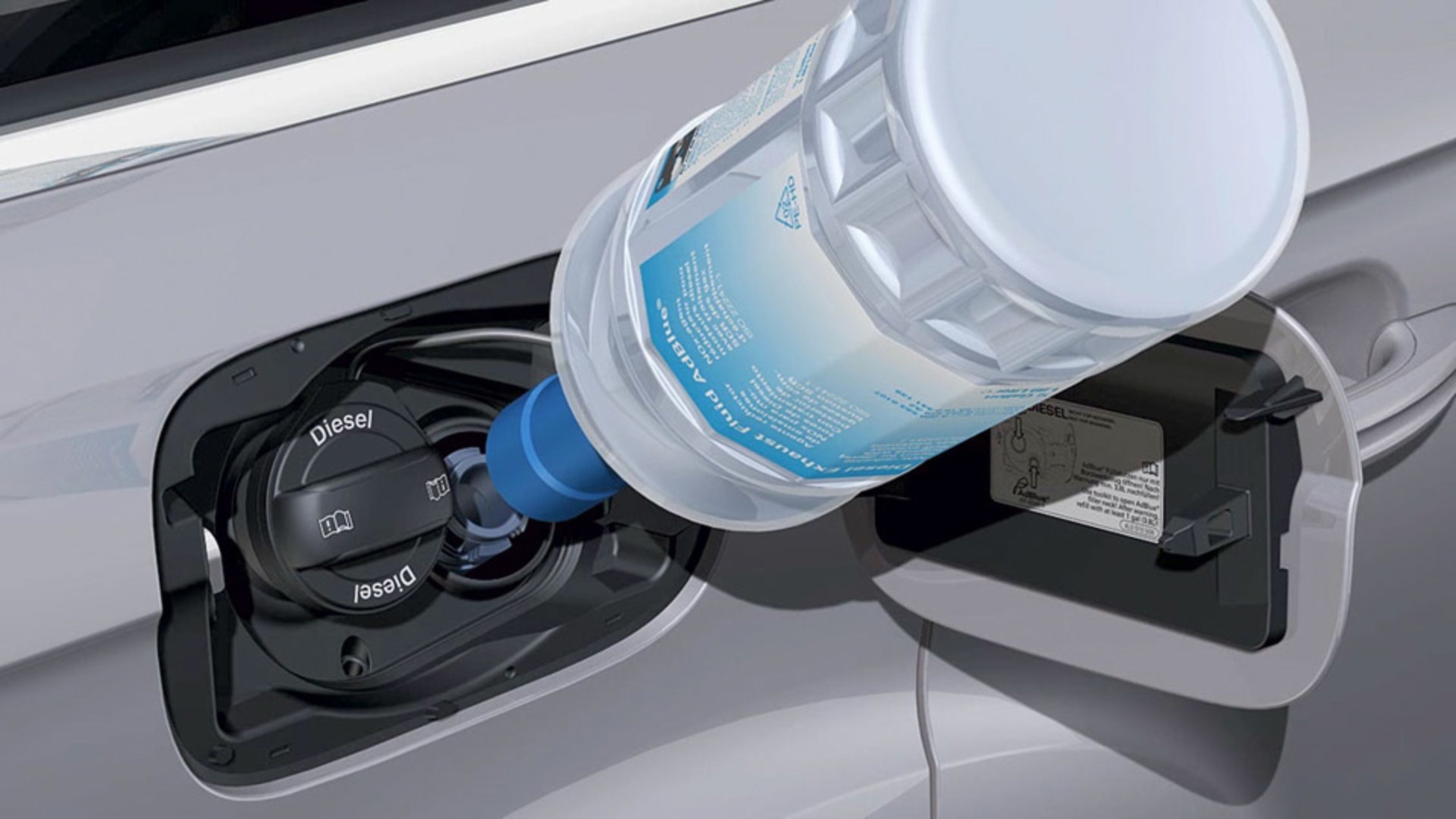 AdBlue is a liquid additive used in Selective Catalytic Reduction (SCR) systems for modern diesel vehicles to reduce nitrogen dioxide (NOx) emissions.
AdBlue is a liquid additive used in Selective Catalytic Reduction (SCR) systems for modern diesel vehicles to reduce nitrogen dioxide (NOx) emissions.
The operation of the SCR system is relatively simple. AdBlue is injected into the exhaust system before the SCR catalyst. AdBlue contains urea, which breaks down into ammonia (NH3) when heated. The SCR catalyst uses the ammonia to reduce NOx to nitrogen (N2) and harmless water (H2O).
The SCR system works with the diesel engine to reduce NOx emissions. The diesel engine produces exhaust gases that contain NOx. The exhaust gases are routed to the SCR catalyst, where AdBlue is injected to reduce the NOx to nitrogen and water.
AdBlue dosage is important to ensure an effective reduction in NOx emissions. Vehicles equipped with the SCR system have a dedicated tank for AdBlue, which must be filled regularly. The tank is monitored by a level sensor to prevent over- or under-dosing.
The use of AdBlue enables diesel vehicles to meet increasingly stringent NOx emission standards in many countries. The SCR system is effective in reducing NOx emissions by 90% or more, helping to reduce air pollution and improve air quality.
Problems with Adblue
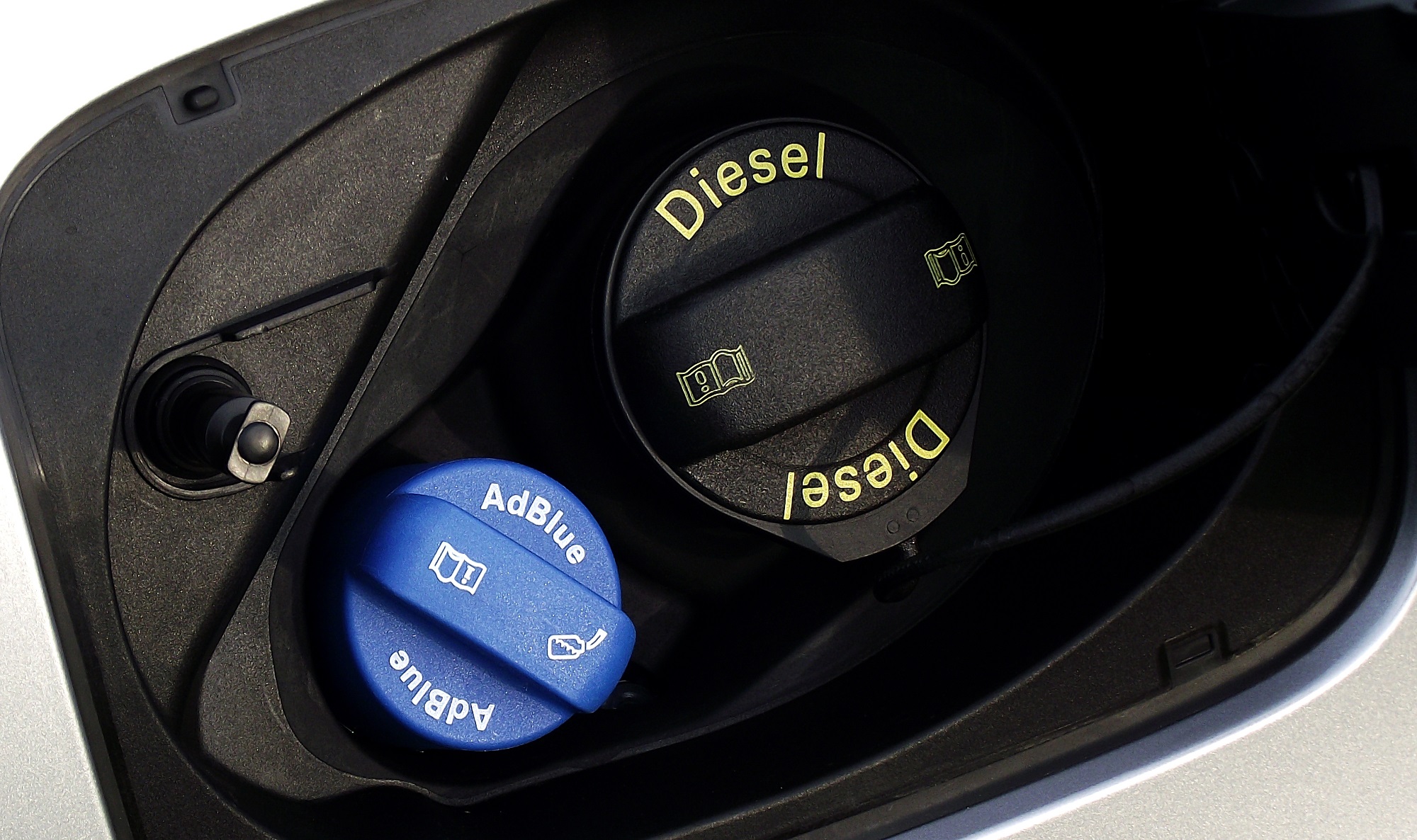 AdBlue is a liquid additive used in selective catalytic reduction (SCR) systems for modern diesel vehicles to reduce nitrogen dioxide (NOx) emissions. AdBlue is a 32.5% solution of urea in demineralised water.
AdBlue is a liquid additive used in selective catalytic reduction (SCR) systems for modern diesel vehicles to reduce nitrogen dioxide (NOx) emissions. AdBlue is a 32.5% solution of urea in demineralised water.
Although AdBlue is an effective additive for reducing NOx emissions, it can also cause certain problems. Here are some examples of common problems with AdBlue:
- Incorrect dosing: the AdBlue dosage must be precise to ensure effective reduction of NOx emissions. Incorrect dosing can lead to an incomplete reduction of NOx emissions or an excessive build-up of AdBlue in the system, which can damage the SCR system.
- AdBlue quality: the quality of AdBlue is important to ensure an effective reduction in NOx emissions. Poor quality or contaminated AdBlue can reduce its effectiveness and damage the SCR system.
- Storage issues: AdBlue is sensitive to humidity and must be stored correctly to maintain its quality. If it is stored incorrectly, this can reduce its effectiveness and damage the SCR system.
- System problems: SCR systems are complex and can experience operating problems. Problems such as a faulty sensor, dosing system failure or Selective Catalytic Reduction system malfunction can affect the effectiveness of AdBlue in reducing NOx emissions.
It is important to note that problems with AdBlue can be avoided or minimised by regular maintenance and monitoring of the system. Problems must be diagnosed and resolved quickly to ensure efficient performance and reduce NOx emissions.
You have a problem with your vehicle, such as loss of power, an engine warning light on, exhaust fumes, or you’ve failed your roadworthiness test for pollution, contact us.
Before replacing expensive parts, don’t hesitate to contact our FAP Cleaner technicians who can accurately diagnose your problems and suggest alternative solutions before replacing the parts.

